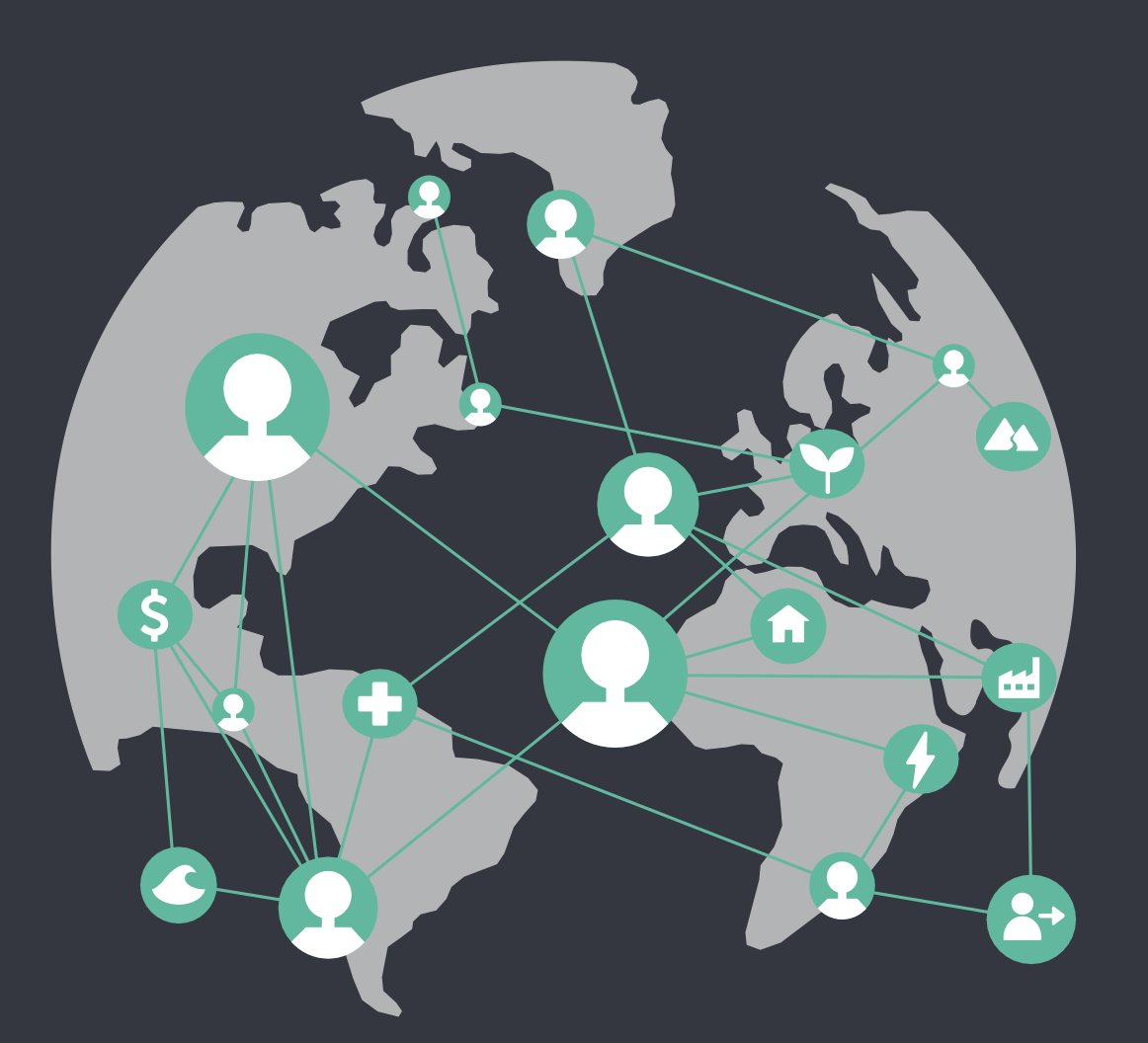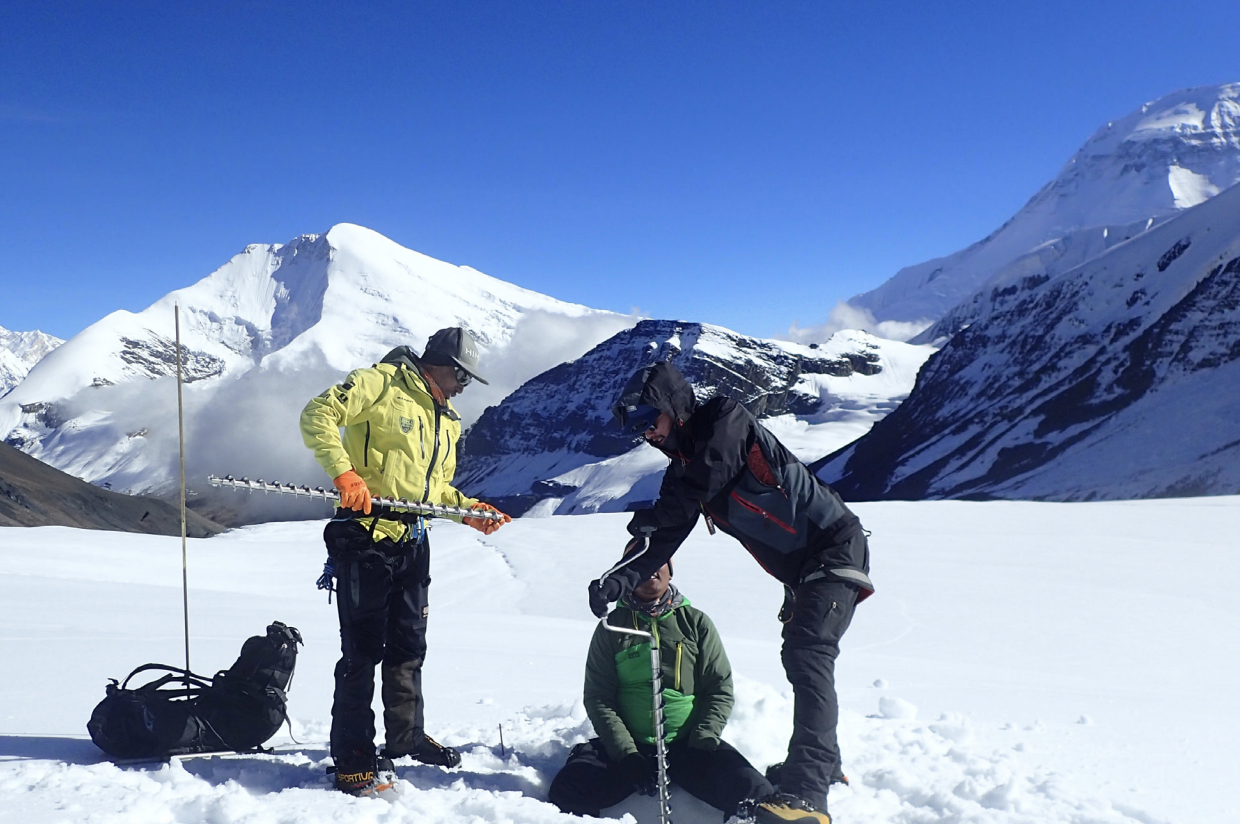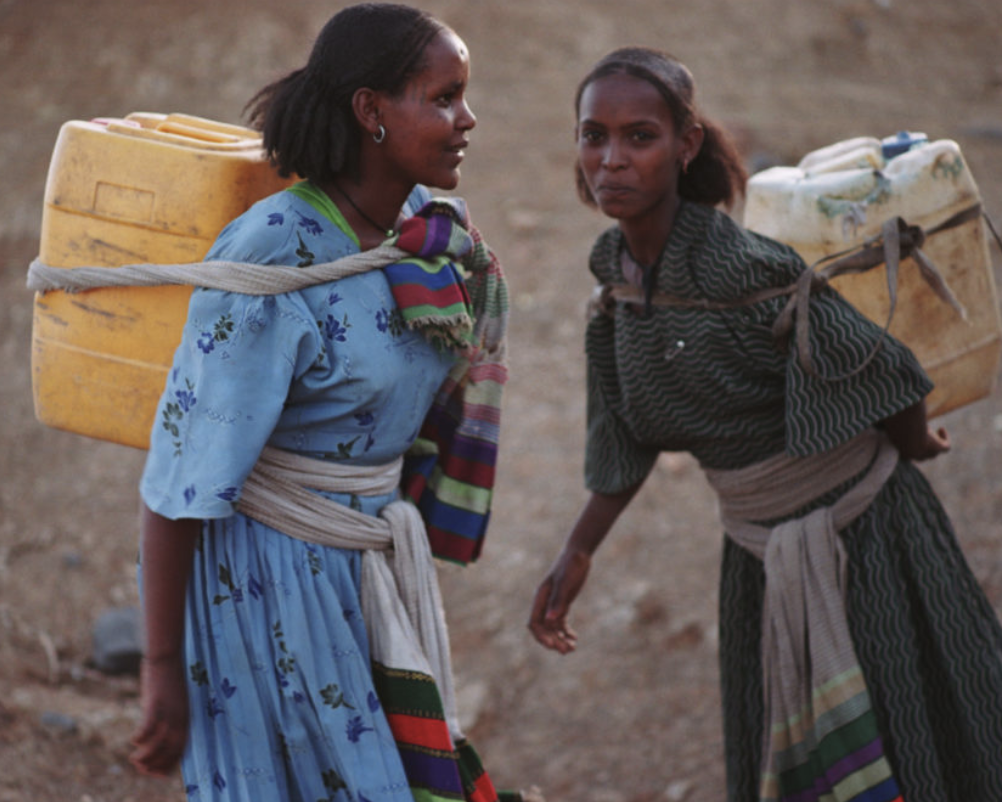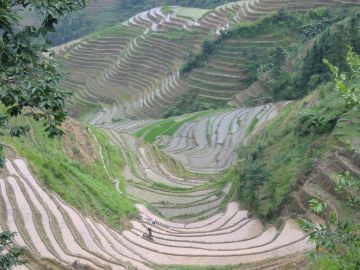Indicators
The Global Transboundary Climate Risk Report
Discover new evidence on ten transboundary climate risks of global importance that affect critical sectors and regions: from water resources in high mountain environments, to fish stocks in the open ocean, industrial supply chains, and energy and global finance systems, as well as human health, livelihoods, mobility patterns, and physical and mental well-being.
Wellbeing Surveys
Discover how survey tools can be applied in different geographical and cultural contexts to explore health and wellbeing. This page will introduce a range of external surveys and demonstrate their use in urban environments through SEI case studies.
Mountain observations: Monitoring, data, and information for science, policy, and society
Explore this easy-to-read overview of the current state of multi-disciplinary mountain observations. Discover the different methods used to observe mountain environments, as well as the diversity of knowledge and data sources available to learn from.
Empowerment in WASH Index Tool
Learn about EWI: a pragmatic survey-based tool made to measure, monitor and carry out diagnostics of water, sanitation, and hygiene-related interventions, allowing for inclusive and equitable outcomes.
Adaptation metrics: Perspectives on measuring, aggregating and comparing adaptation results
Climate adaptation initiatives are more important than ever, and globally more and more funds are invested in climate resilience. But how do we measure success? Find out in this UNEP DTU report.
Supporting community adaptation to water shortages in Kiribati – DAMP Handbook
A handbook to help local facilitators train communities to identify climate change adaptation strategies and to identify indicators of change and triggers for when to act.
Elements of a frame of reference for evaluating adaptation to climate change: The RAC-Québec case
This document proposes a frame of reference for the evaluation of adaptation, and its application in 2 sectors: forestry and the built environment and infrastructure.
Issues around developing and working with vulnerability indicators at the urban level in Europe
Vulnerability indicators are a valuable tool to identify vulnerable spots, guide the allocation of adaptation funding, communicate and raise awareness, and monitor the effectiveness of policies.
Some thoughts on working with vulnerability indicators
There is wide scope for the understanding of vulnerability. The complexity of mathematically expressing it largely explains why it is not feasible to define/agree on a single vulnerability measure.








